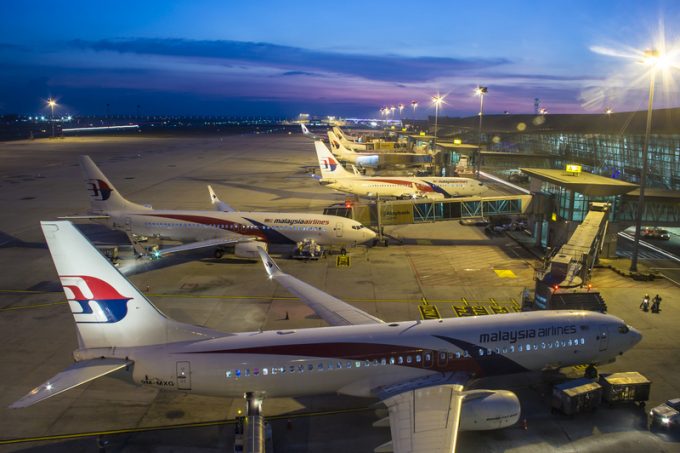Chinese ecommerce merchants wary of 'risky' new platforms
The Loadstar has launched a series of reports on the ecommerce sector, which has been driving growth ...

Freight forwarders in Malaysia are divided over the potential impact of Alibaba’s growing presence on the logistics industry.
Promoted as “a game-changer” by Malaysian authorities at the FIATA World Congress in Kuala Lumpur last week, Alibaba will soon begin operating at a new Digital Free Trade Zone (DFTZ) at Kuala Lumpur International Airport (KLIA).
Minister of transport Dato’ Sri Liow Tiong Lai touted the 17.5 ha e-fulfilment hub as “Alibaba boss Jack Ma’s brainchild”, saying the DFTZ would facilitate seamless cross-border e-commerce trade by enabling local businesses to “export their goods easily”.
However, one local forwarder believes the development could have a negative impact, given the increased competition from Alibaba’s in-house logistics operations.
“I think the involvement of Alibaba and the fact they will bring their 16 logistics companies to the DFTZ will be a big challenge for all of us SME forwarders in Malaysia,” he said.
“Because the way we do business is very different to Alibaba – currently, we have a heavy involvement direct with all the retailers, whereas they are transforming this whole way of doing business.
|
|
“Furthermore, if the current focus is on Malaysia’s exports to China, then from the government’s point of view, it’s a good thing to boost GDP. But for us, with all these people coming over, they will control volume and negotiation power.”
He added: “And looking at the current size of the Malaysian market, all SMEs already have to compete with multinationals, which is very difficult.
“So I think most of us are worried, rather than expecting big opportunities.”
But according to Robin Hoh, chief operating officer of Selangor-based Multi Cargo Express, there will be benefits for local forwarders.
“It does not have to be a threat. I feel the bigger boys will feel the competition more,” he told The Loadstar. “Alibaba’s presence will benefit SME and smaller forwarders because local forwarders can co-exist and work along with Alibaba.
“As well as using Alibaba’s platform to grow their businesses, it’s also possible to provide support logistics in the local scene.”
“If Alibaba makes Malaysia a South-east Asia hub, then definitely there will be more business, not only in commerce gain but also employment and transfer of technology to Malaysia.
“For example, the speed the Chinese get goods to consumers in China may change the landscape here.
“Volumes will increase for air, but maybe not for sea freight in Malaysia. Hopefully this will bring in more airlines to call at our beautiful airport and indirectly increase traffic lanes and routes.”
Comment on this article
Richard Wang
October 10, 2017 at 4:57 pmIt is supposed to stimulate growth and demand, but likely to be hijacked by corrupt officials and cronies of local government. Is Alibaba and Cainiao indirectly supporting such practices in a foreign country for the sake of its own benefit?